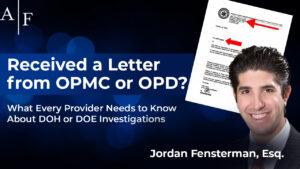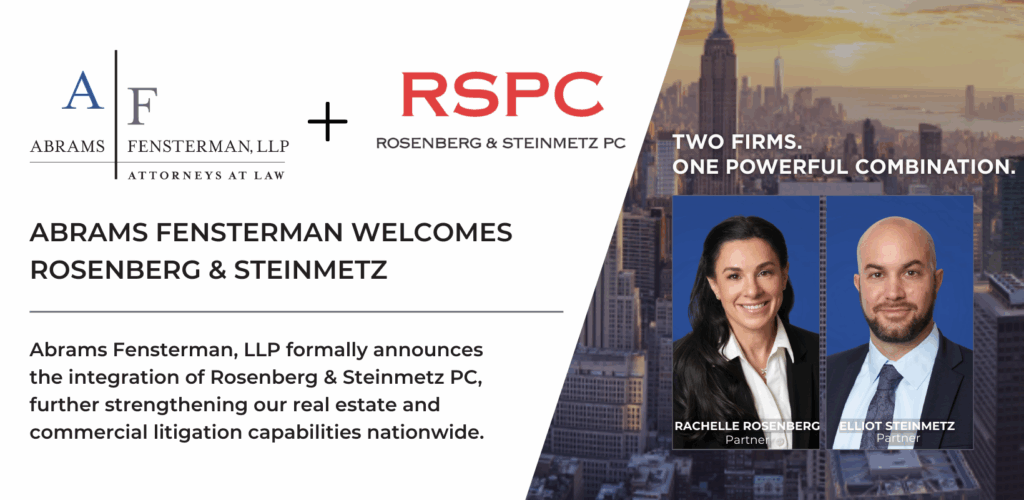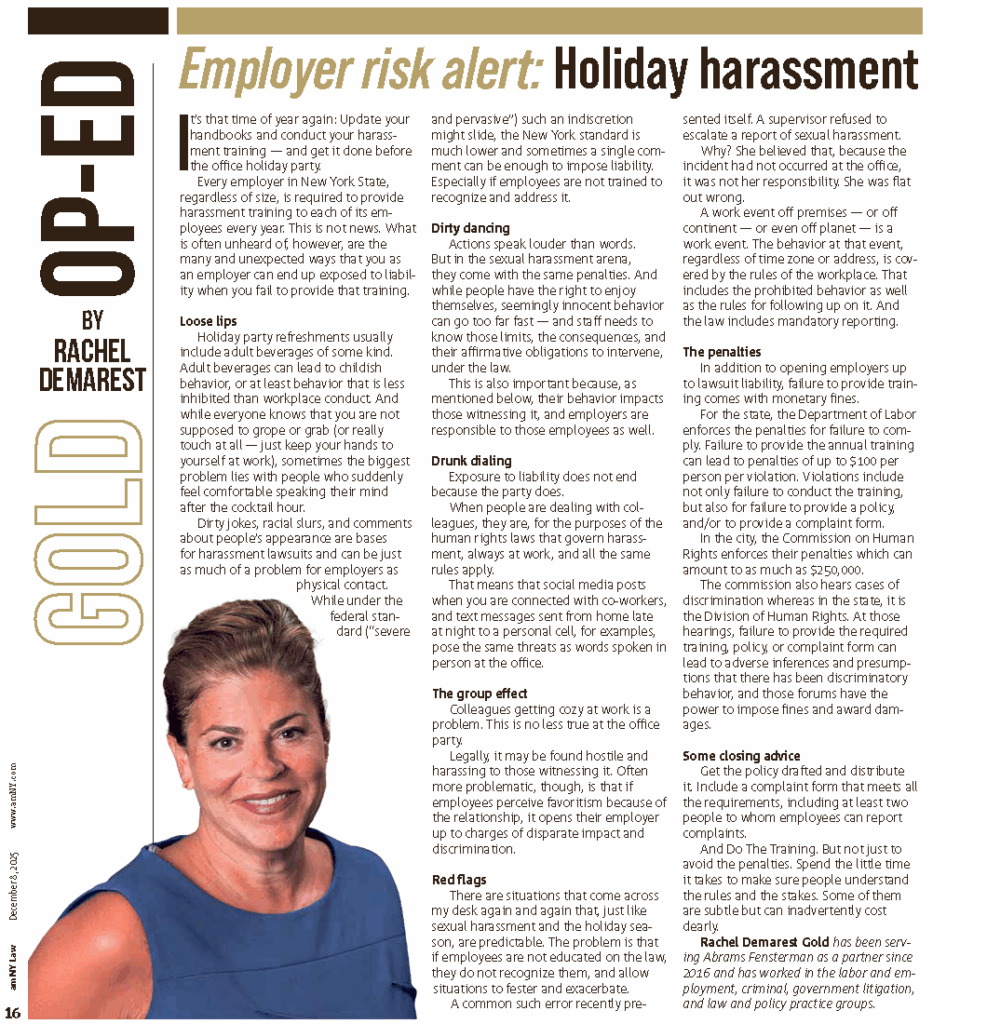Many physicians, and indeed many attorneys, harbor a common misconception about New York State Office of Professional Medical Conduct (“OPMC”) prosecutions: that upon entering into a Consent Order which permits the physician to continue practicing, a physician may thereafter freely practice without consequence other than those conditions specifically agreed to in the Consent Order itself. Nothing could be further from the truth.
Hospitals, malpractice carriers, employers, other licensing agencies, HMOs, health insurance provider programs, Medicare and Medicaid frequently take their own action against the physician after a Consent Order has been executed. These “collateral consequences” of an OPMC Consent Order are not anticipated by most attorneys, yet may be draconian in their impact upon the physician’s ability to continue to practice, notwithstanding that he may be legally entitled to continue to practice under the terms of the Consent Order. More specifically, in the past, the Office of the Medicaid Inspector General (“OMIG”) has barred such physicians from participation in the Medicaid program, without performing any independent investigation or evaluation of the physician’s ability to safely treat Medicaid patients, simply based upon the fact that the physician entered into a Consent Order with OPMC. That has now changed.
In Koch v. Sheehan, New York Supreme Court, Appellate Division, Fourth Department, handed down on March 23, 2012, the appellate court held that the perfunctory action by OMIG in excluding a physician from the Medicaid program, simply by virtue of the fact that the physician had entered into an OPMC Consent Order, was arbitrary and capricious and therefore not permissible. Under this decision, physicians who have entered into OPMC Consent Orders may no longer be stripped of their Medicaid provider status by OMIG as a matter of routine. OMIG will now have to perform its own investigation and evaluation of the physician, and document its findings and basis for action, prior to taking any action with respect to the physician’s Medicaid provider status. This case represents a major victory for all physicians facing disciplinary charges in New York State who rely on their Medicaid provider status in order to continue gainful employment.
For more information on this or other professional discipline issues, please contact Michael S. Kelton, Esq., Jordan Fensterman, Esq., or your attorney contact at our firm.






